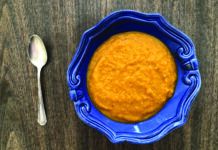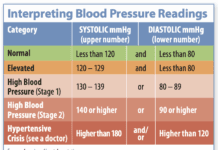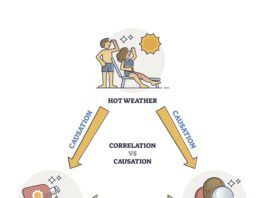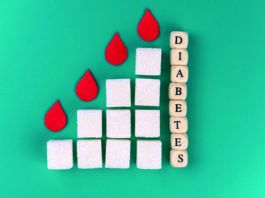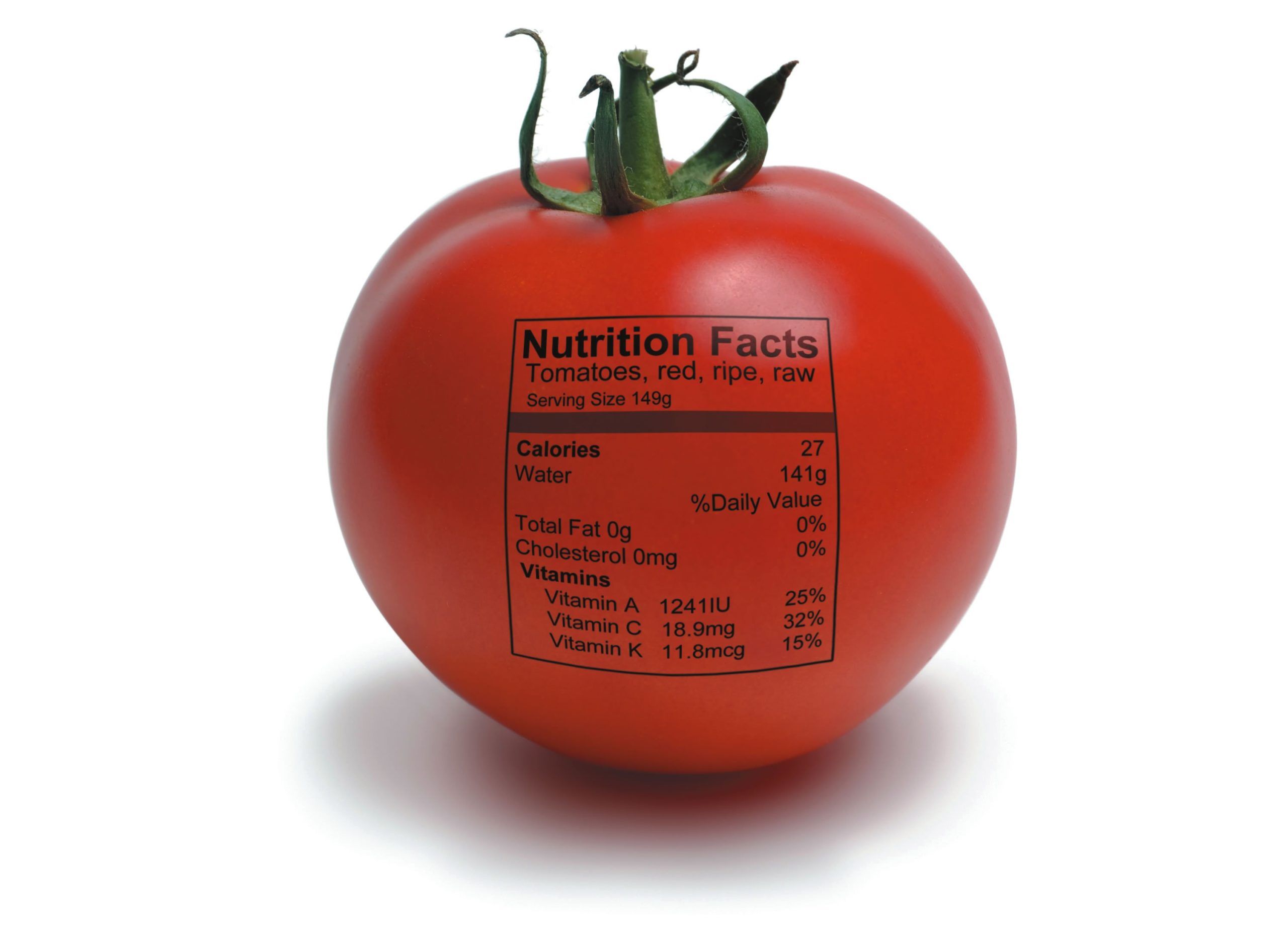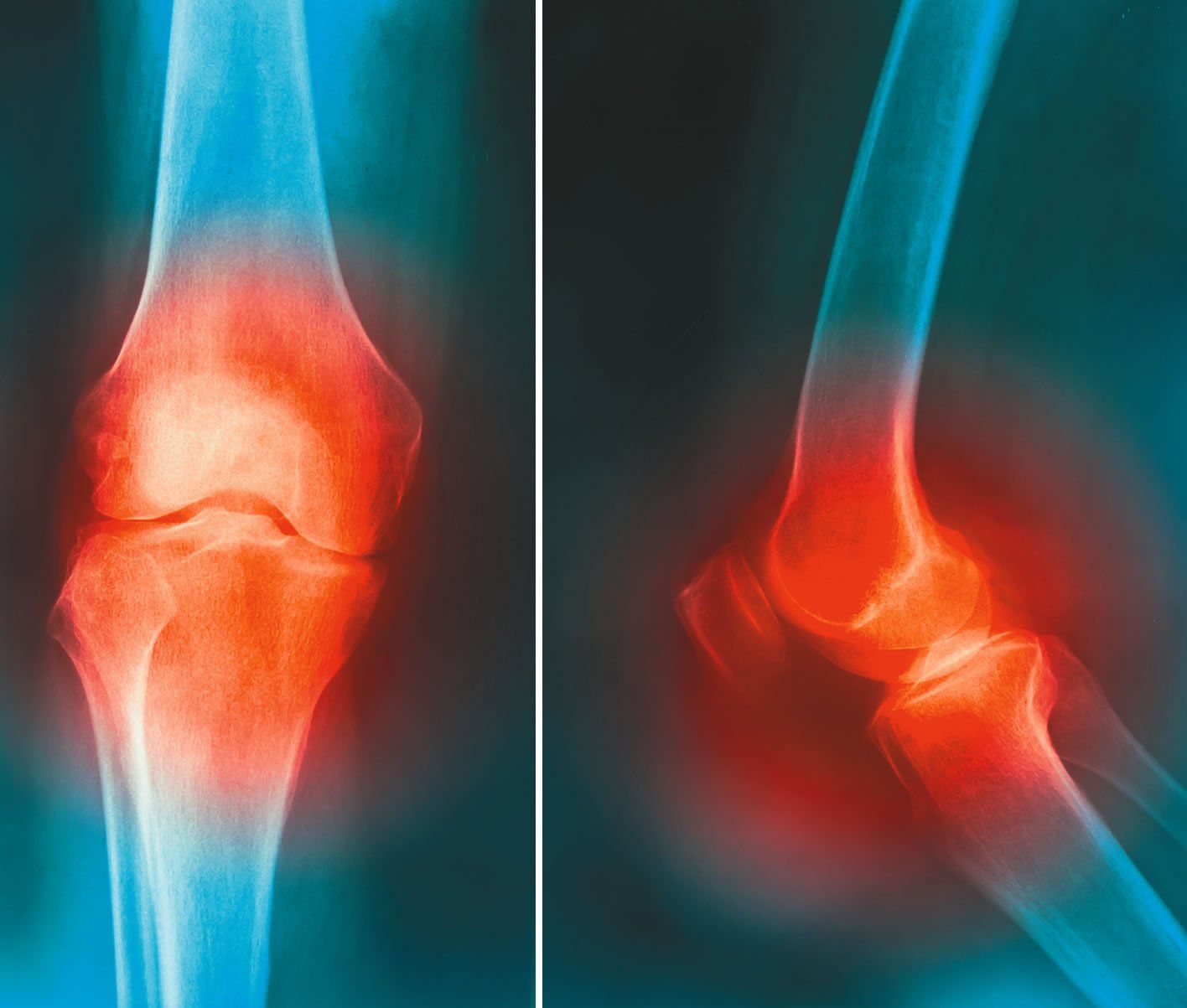Preparing for a Healthy, Happy New Year
According to surveys, the two most popular New Years resolutions involve losing weight and getting fit-and for good reason. Moving toward a healthier dietary pattern and being more physically active are crucial steps toward achieving well-being-with or without weight loss.
Diet and Cancer Prevention
According to the World Cancer Research Fund (WCRF), 20 percent of all cancers diagnosed in the U.S. are related to poor dietary choices and lack of exercise. So what should we eat, and what should we avoid? News outlets and the internet are full of (sometimes conflicting) reports claiming links between specific foods or nutrients and cancer. Many of these claims are based on a limited number of studies. But when researchers analyze all of the research on cancer and nutrition together, it becomes clear that increasing intake of individual foods or popping dietary supplements doesnt work. Overall dietary pattern, however, can make an important and significant difference.
New Nutrition Facts Labels
The U.S. Food and Drug Administration (FDA) has finalized regulations mandating several important changes on the Nutrition Facts panels on packaged foods. Poor diets are the leading cause of poor health and rising healthcare costs in America, says Jerold Mande, MPH, a professor at Tufts Friedman School of Health Science and Policy who, as senior advisor to the commissioner of the Food and Drug Administration, led the design of the original Nutrition Facts label. The new label can help us as we work to solve this underappreciated nutrition crisis. Here is a rundown of the changes.
Meeting Varied Dietary Needs
When gathering together for a holiday, or any other group event, people may bring different dietary needs to the table. In addition to varying taste preferences, individuals may have dietary restrictions for medical, religious, or even moral reasons, or they could be following a particular plan they believe will support health or weight loss. Before undertaking preparing food for a group, it can be helpful to have a basic understanding of some of the most common dietary restrictions.
The Power of Plant-Based Proteins
Eating more plant foods is associated with longevity and reduced risk for most chronic diseases, including heart disease and type 2 diabetes. Plant foods (such as whole grains, beans, fruits, vegetables, nuts, and seeds) are rich in health-promoting nutrients and compounds like vitamins, minerals, fiber, and phytochemicals. But plants can also be a good source of protein.
Foodborne Illness: How to Reduce Risk
Each year, one in six Americans gets sick from eating contaminated food. In the spring of 2018, people across the United States and Canada began falling ill with common food poisoning symptoms: diarrhea, stomach pains, nausea, and vomiting. In the following months, nearly 200 people became ill, and five people died. CDC investigators traced the infection to Romaine lettuce grown in one particular region of the US. Any type of food, even healthy greens, can harbor pathogens. Fortunately, following some simple food safety tips, and paying attention to warnings and recalls, can prevent the majority of foodborne illnesses.
The Care and Feeding of Your Immune System
There seems to be no limit to the promises on the Internet for foods and dietary supplements that allegedly boost or support your immune function. Theres more than a grain of scientific truth in it, and the prospect of enhancing immune function with nutrition is a busy area of research-some of it by scientists at Tufts Human Nutrition Research Center on Aging (HNRCA) and Friedman School of Nutrition Science and Policy.
Osteoarthritis and Exercise
Wear-and-tear arthritis (osteoarthritis) breaks down the cushion of cartilage that allows joints to flex without grinding bone-on-bone. As the cartilage breaks down, it brings pain, stiffness and swelling. People with osteoarthritis of the hip or knee may experience pain when walking, but actually walking and other forms of low-impact exercise can help to reduce osteoarthritis symptoms
Walking: Key To Staying Active and Independent
Did you get your 10,000 steps today? Many people have adopted this daily walking goal to obtain the recommended amount of physical activity. The 10,000-steps-a-day number comes from the Japanese brand name of a pedometer manufactured in the 1960s, the 10,000 steps meter. In the Fitbit era, counting daily steps remains appealing to many people as a source of motivation.
Salad: The Nutritional Powerhouse
When people resolve to eat better, one of the first things they think of is to start eating more salads. After all, the structure of a great salad is built on vegetables, particularly leafy greens. Vegetables, along with fruits, are the foundation of healthy eating patterns, as emphasized by the 2015-2020 Dietary Guidelines for Americans. For a 2,000-calorie diet, the Guidelines recommend the equivalent of about 5 cups of vegetables and fruits per day.


